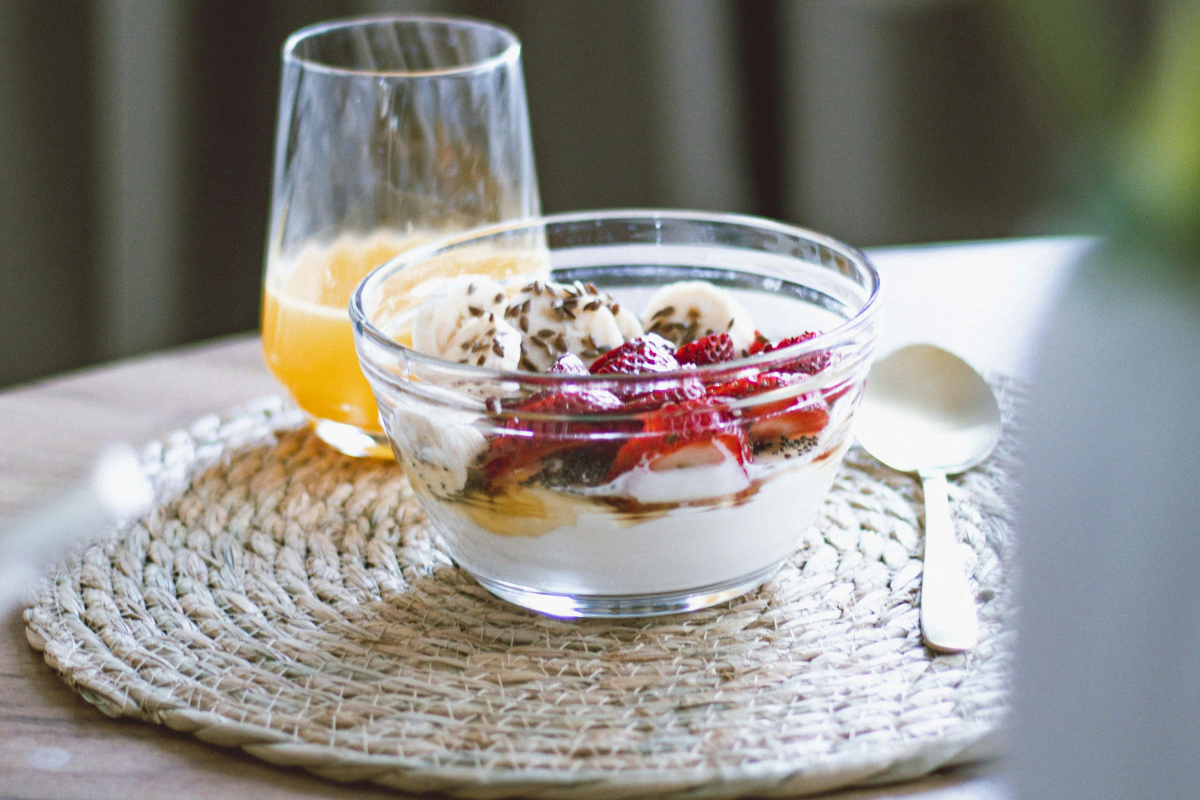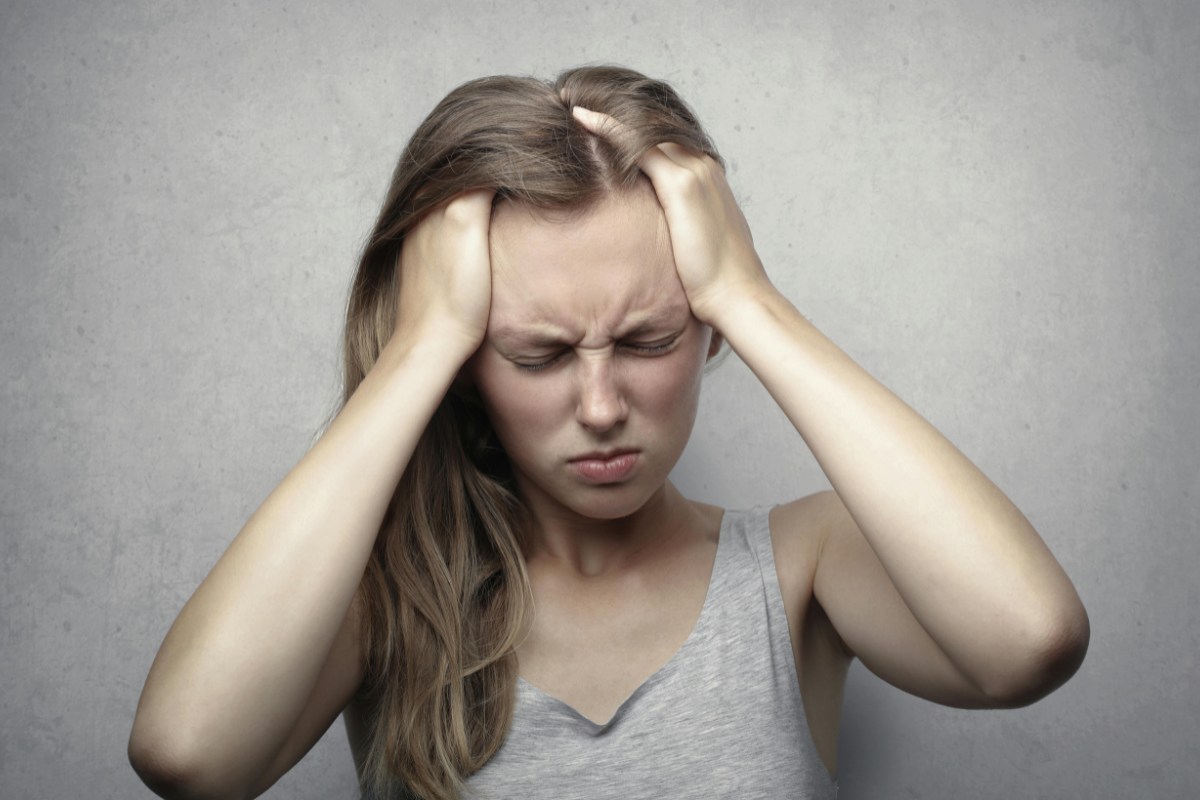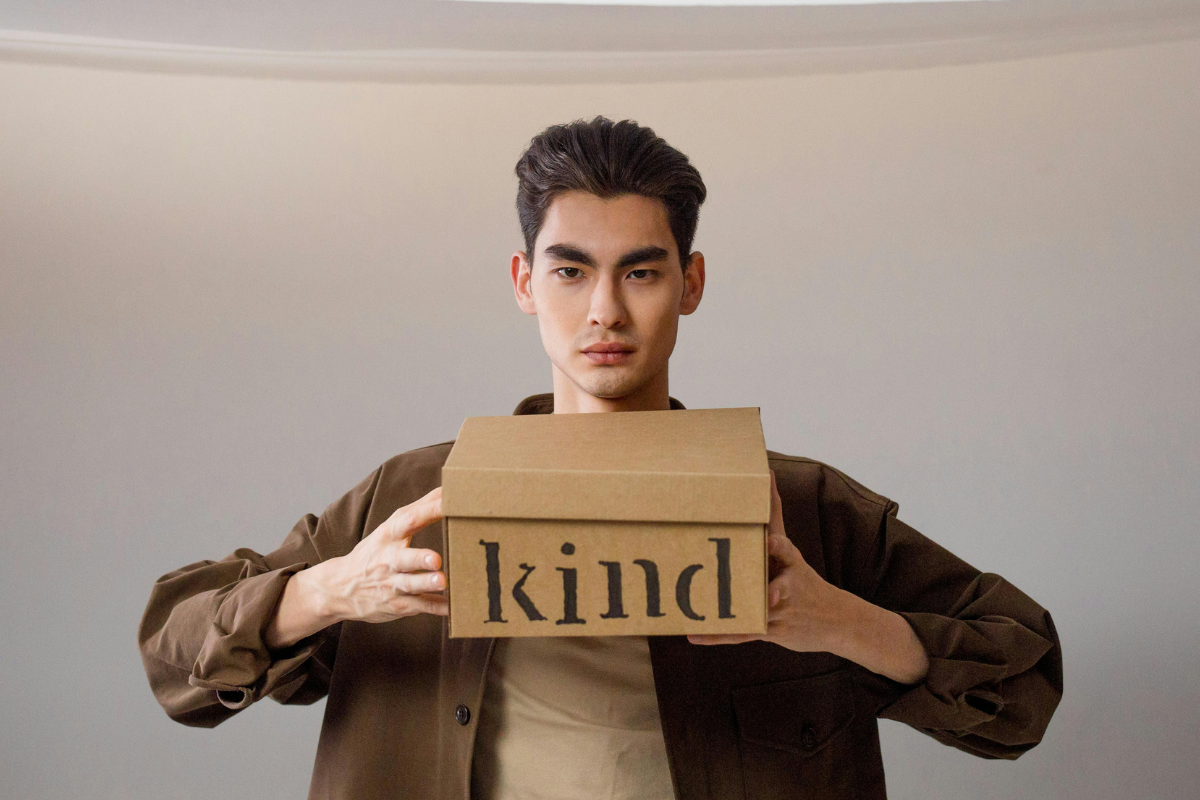
Beyond Diets: Embracing Intuitive Eating for Lasting Emotional Well-being

Beyond Diets: Embracing Intuitive Eating for Lasting Emotional Well-being
We’ve all been conditioned to believe that if we want to be healthy or feel good about our bodies, we need to diet. They are in general orders of what to eat, how much, and what time to eat it. They offer straightforward fixes — such as losing weight through diet — that simply don’t work for many people. They can even make us feel bad about ourselves, and that just feeds into that cycle of yo-yo dieting, guilt, and stressing about our food and all the rest of that stuff,” she said. Here is where intuitive eating comes into the picture, providing a whole new paradigm for how we think about food and our bodies.
Why Diets Often Miss the Mark
The word “diet” is not neutral and not static like oral typhoid. Still, the name by which we call a set we impose on the world (think of the much wider etymological family around “dia-,” “through,” “across,” from Latin through Greek), a habit of eating and not the habit of being that is horrible. Yet they are always trying to tell us to eat this way at this time and not eat that, and count that calorie. Although such prescriptions can make temporary change — albeit at a high cost, and with unwanted side effects — they estrange us from the wisdom of our bodies. Our bodies are great at communicating when they are hungry, but dieting has trained us not to pay attention to those signals. This can result in being hungry while it’s “not time to eat,” or feeling overly deprived, which sets you up for eating inordinately later on. And all of the attention on rules and numbers can be anxiety-provoking, because it’s challenging to avoid fretting about whether you’ll break one or whether your friends and family will skedaddle if they haven’t already. It’s not that I don’t recognise the emotional toll; I just don’t think we’d often consider that toll a part of someone’s overall health, as we do with physical health.
What is Intuitive Eating?
It’s an instinctual way of eating that asks you to listen to your inner wisdom about your body. It’s not a “diet;” it’s a framework with 10 straightforward guidelines for relearning how to listen to what your body needs for nourishment, and the cues for hunger, fullness, and satisfaction are just three of them. You have a built-in barometer for precisely that — for what it needs, for what feels good in the short run and what feels good in the long run — and intuitive eating helps you get back in touch with that.”
It’s learning to normalise food along the road of unlearning the notion that some foods are “good” and others “bad” and that you need to punish yourself or earn foods. “No new foods are added to the list of foods I don’t eat. It’s also about making peace with — and seeing beauty in — your body just the way that it is, and for all that it does for you, rather than perpetually trying to pressure your body to be something, to be anything at all. “When you’re eating ‘intuitively,’ you’re eating when you’re hungry, stopping when you’re full, and choosing foods that make you feel good both physically and emotionally. It’s about the ability to actually enjoy eating again, with no guilt or shame associated with diet culture.
The Road to Lasting Emotional Health
Here’s how intuitive eating can make all the difference for your mental health. And then you stop dieting, you free up mind space you were using on food rules, counting calories, and body shame. That is when you can get the stress out around eating, and you can move to a more peaceful relationship with food. You unearth other coping mechanisms to acknowledge and handle your feelings that aren’t about food, such as talking to a friend, walking, or focusing on a hobby.
You know what? Respecting your hunger and fullness, you're a little more in touch with feeling your body and create respect and trust with yourself. In a good sexual relationship, what occurs is that you get a better body image, not that your body has changed all that much, but its relationship to you has. When you start to practice honouring your body, and your hunger/satiety, and learn how to trust that you and food are one (that is, that eating is as natural and intuitive as breathing, and that we don’t have to control the quantity) then you learn to trust yourself and connect with your bodies set point without being over-ridden by diet-culture. And this self-compassion and acceptance are part and parcel of the long-term emotional health picture, freeing you up to get on to living a life that isn’t constrained by self-imposed rules for how you should eat and instead is dictated by your body’s needs and that peace that emanates from the inside out. It’s about genuine happiness and freedom, on the plate and off.





















































